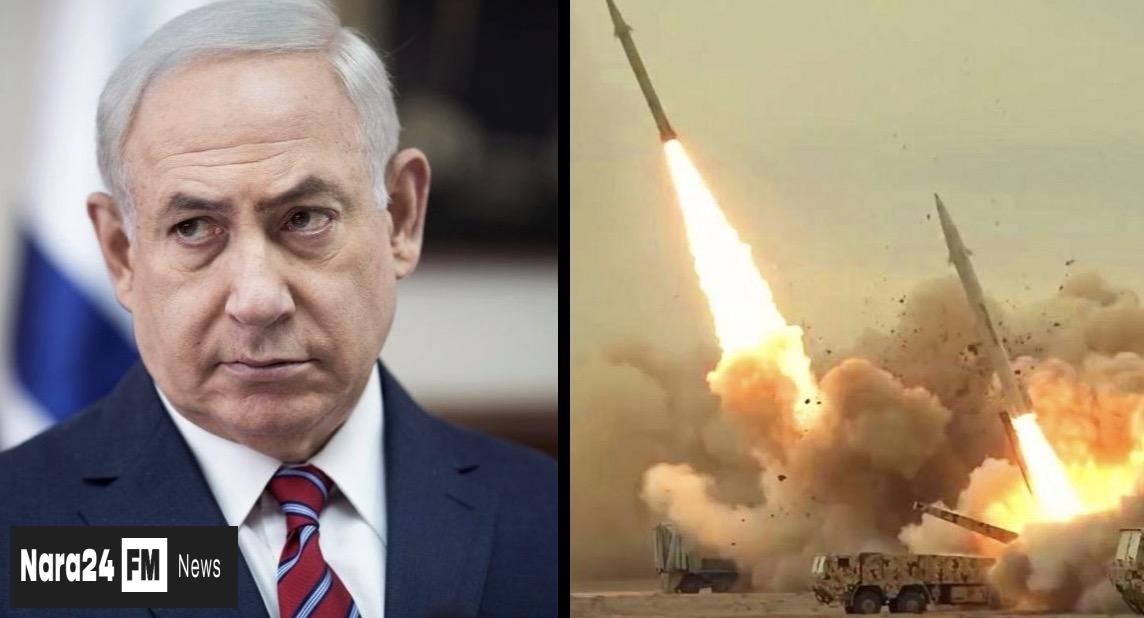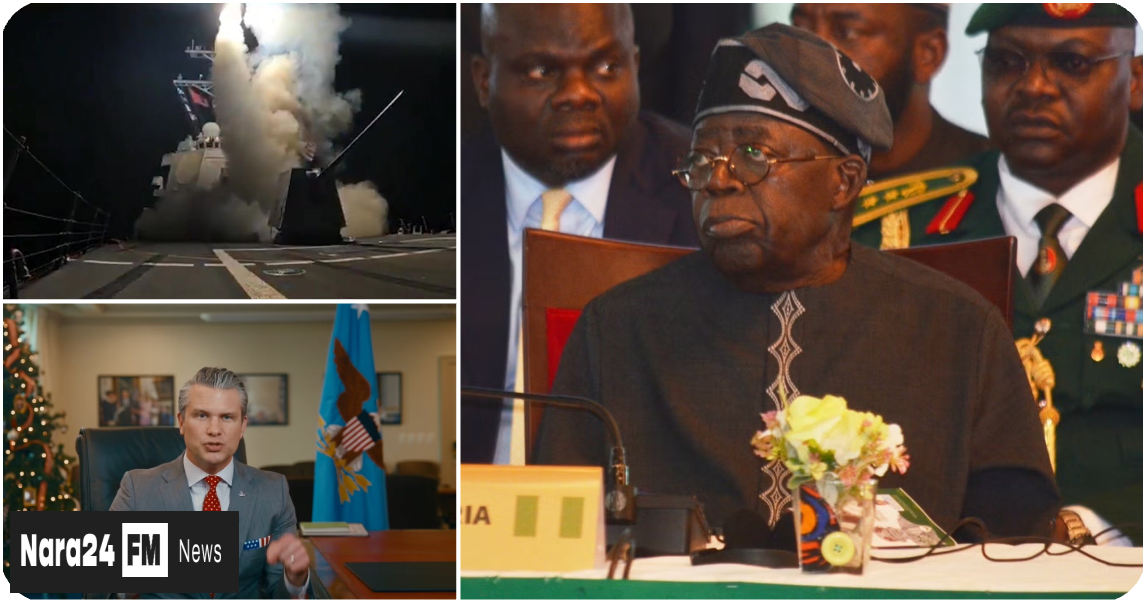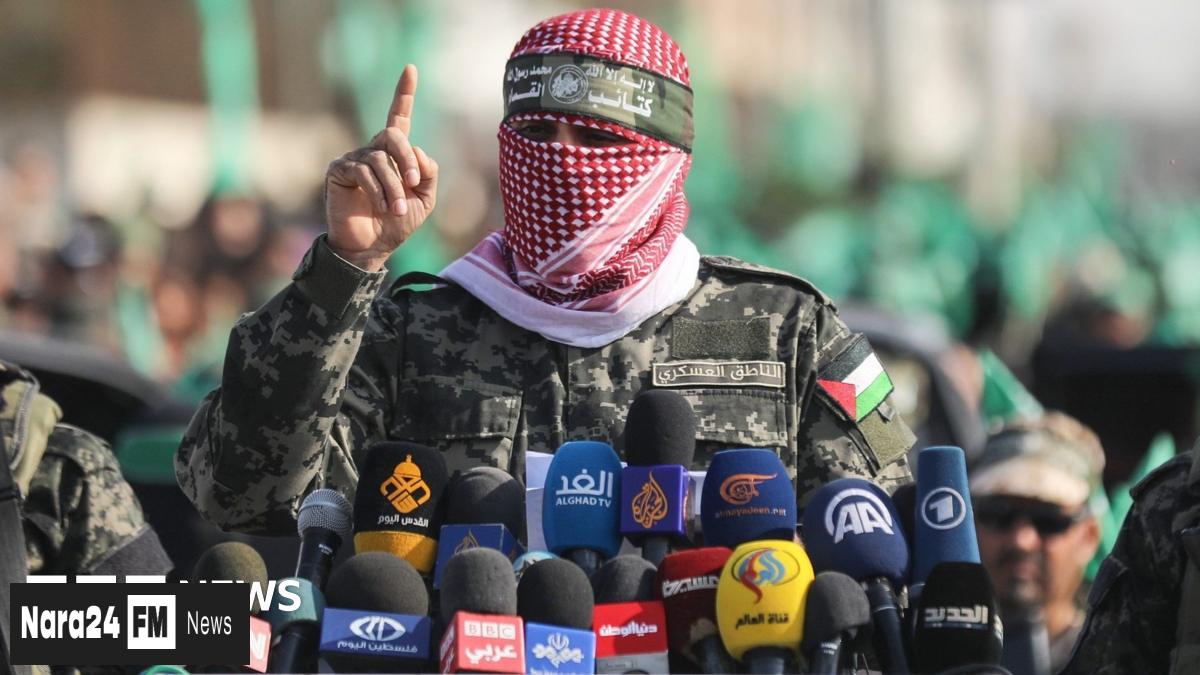In This Article
- Breaking the Misinformation
- The Reality of Iran's Missile Stockpile
- Unraveling the Origins of the Claim
- The Importance of Fact-Checking in Geopolitics
- Conclusion
Key Takeaways
- Netanyahu's claim of Iran having 28,000 ballistic missiles lacks credible evidence.
- Experts estimate Iran's actual stockpile of ballistic missiles to be around 3,000 or fewer.
- The inflated number of 28,000 missiles attributed to Iran likely originated from a misinterpretation of statements.
- Accurate information is crucial in geopolitics to prevent misinformation from escalating tensions and hindering diplomatic efforts.
- Fact-checking is essential to ensure that statements by prominent figures are based on truth and verifiable data.
Breaking the Misinformation:
Israeli Prime Minister Benjamin Netanyahu's recent assertion regarding Iran possessing 28,000 ballistic missiles has sparked a wave of skepticism and fact-checking. The claim, however, lacks credible evidence, leading to concerns about the accuracy of such statements and the potential consequences they may carry in the realm of international relations.
The Reality of Iran's Missile Stockpile:
Contrary to Netanyahu's assertion, recent analyses by experts in the field estimate Iran's actual stockpile of ballistic missiles to be around 3,000 or even fewer. This significant variance from the claimed figure of 28,000 raises questions about the origins and accuracy of such information. It is crucial to differentiate between factual data and potentially misleading statements, especially in matters as sensitive as global security.
Unraveling the Origins of the Claim:
The inflated number of 28,000 ballistic missiles attributed to Iran appears to stem from a misinterpretation of statements made by various sources. It is possible that Netanyahu's remarks were misconstrued, or that unverified social media posts contributed to the propagation of this misinformation. As such, a thorough fact-checking process is essential to prevent the spread of inaccuracies that can have far-reaching implications.
The Importance of Fact-Checking in Geopolitics:
Given the geopolitical sensitivity surrounding the relations between Israel and Iran, accurate information is paramount in shaping diplomatic decisions and international discourse. Misinformation, whether intentional or inadvertent, can escalate tensions and undermine efforts towards peaceful resolutions. Therefore, fact-checking plays a crucial role in ensuring that statements made by prominent figures are grounded in truth and verifiable data.
Conclusion:
As the debate surrounding Iran's ballistic missile capabilities continues, it is imperative to scrutinize claims such as the one attributed to Netanyahu with a critical eye. By upholding the principles of fact-checking and accuracy in reporting, we can foster a more informed and responsible approach to discussing complex geopolitical issues. Clarifying misconceptions and setting the record straight are essential steps towards promoting transparency and clarity in international affairs.








Comments (0)
Leave a Comment
Be the first to comment on this article!